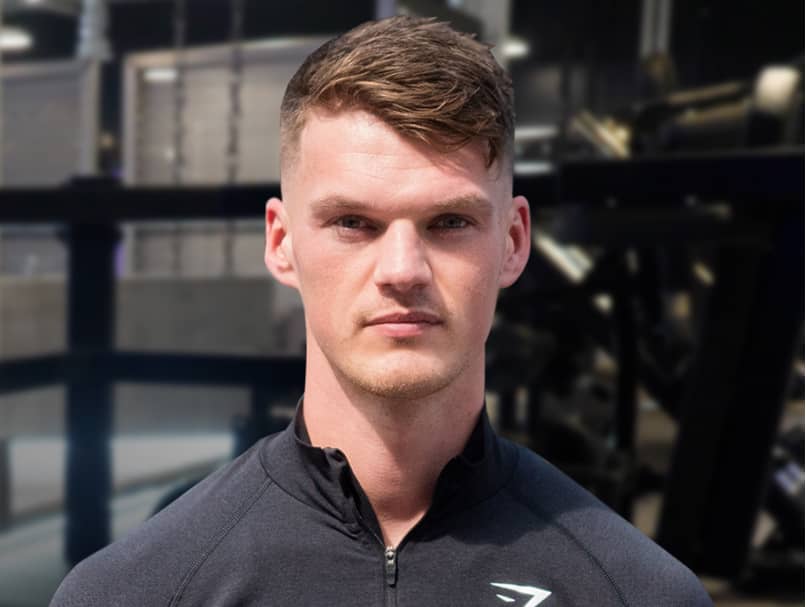
Gymshark founder Ben Francis says he doesn’t view big-name sportswear brands as a threat to his relatively young $1 billion label.
“So we don’t worry about larger brands,” Francis told CNBC in a recent video interview, arguing that many of those businesses were actually trying to pivot toward a business model similar to that of Gymshark.
Gymshark sells its fitnesswear exclusively online and only through its own website.
The brand was an early adopter of influencer marketing, partnering with well-known fitness YouTubers and building a community of its own ambassadors, known as “Gymshark athletes.”
And it’s because Francis has built this business with a younger, more agile and social media-savvy mindset that he’s less concerned by incumbent brands trying to do the same.
“If I’m honest, I’m more worried about the 16-year-old person that was similar to what I was like in the bedroom, trying to build out that new brand,” Francis said.
Francis built the first version of the Gymshark website while he was a college student in 2011, having realized his passion for website and app development, as well as fitness at school. He then incorporated Gymshark with a schoolfriend, Lewis Morgan, in 2012.
The pair initially used the website to “dropship” fitness supplements, which is when a business takes customer orders, but doesn’t actually buy the physical stock.
So they effectively acted as middlemen to market and sell the products, without having to take on the additional cost and risk of buying stock themselves.
They used the money from this venture, as well as what Francis earned working part-time at Pizza Hut, to buy a sewing machine and screen printer to start making fitnesswear.
Gymshark has grown rapidly since those early days, becoming a billion-dollar company in 2020. Its turnover in the last four years alone has grown tenfold, jumping to £400 million ($552 million) this year, according to Gymshark’s latest full-year results in June.
While Gymshark did not provide CNBC with its latest full-year profit figures, its results for the year to the end of July 2020 showed profits had increased to £24.4 million, up from just under £15 million in 2019.
By comparison, U.S. sportswear brand Nike reported in June that its revenue had grown 19% to $44.5 billion, for the fiscal year ended May 31, 2021. It reported a net income of $5.7 billion for the year, more than double its profits for the previous 12 months.
Meanwhile, German fitnesswear brand Adidas reported in March that its revenues had fallen 16% to just less than 20 billion euros ($23.7 billion) for the 2020 calendar year. Adidas said its sales were “significantly impacted” by the coronavirus pandemic. It recorded an operating profit, with tax and interest deducted, of 751 million euros in 2020, down from 2.7 billion euros in 2019.
‘No one size fits all’
Francis returned to the role of chief executive in August, after six years spent gaining experience by rotating round different senior positions in the company, including chief technology officer, chief marketing officer and chief product officer.
Francis said he learned a number of lessons throughout the pandemic, such as the fact that “no one size fits all,” in terms of employees’ preferences for working.
“I think it certainly made me a lot more empathetic as a person and it made me realize that even with a global pandemic like this, it just hits every individual in a different way,” he said.
In terms of how Francis has stayed centered during the pandemic and amid his transition back into the role of CEO, he suggested he found it useful to stick to a routine of eating and waking up at the same time every day.
And despite Gymshark’s stratospheric growth, Francis said he has been kept grounded by family and friends. Francis’ brother Joe also works at Gymshark as customer support director.
“Listen, no matter how big or small Gymshark is they’re not going to treat me any differently and I think that’s super useful,” he said.
Francis has also kept Gymshark close to his roots in the English West Midlands, with its headquarters located in Solihull, just outside of the U.K. city of Birmingham.




